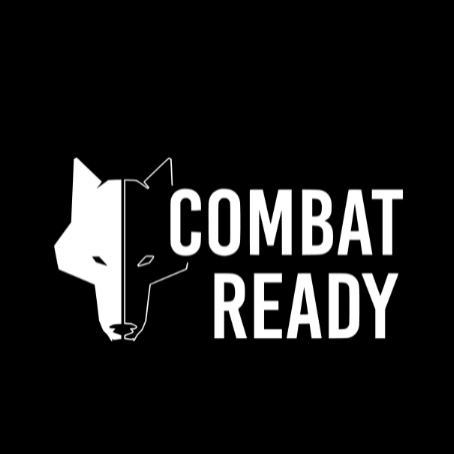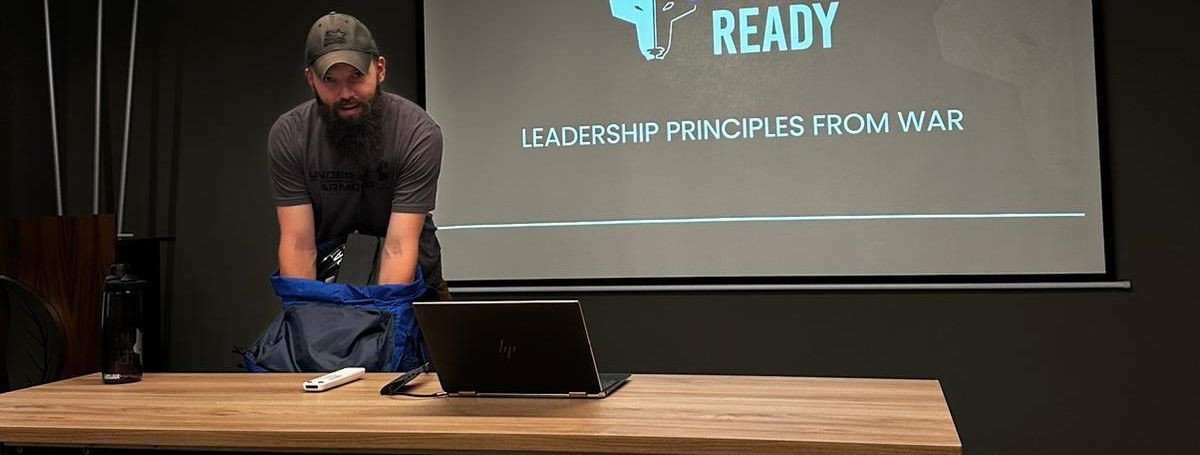The seal way: building unbreakable teams in business
The United States Navy SEALs are renowned for their exceptional teamwork, resilience, and effectiveness in high-pressure situations. The origins of their team dynamics stem from a necessity to perform complex missions under the most challenging conditions. By studying and understanding these dynamics, businesses can extract valuable lessons on building robust and efficient teams.
While the battlefield and the boardroom are worlds apart, the principles of leadership, strategy, and teamwork remain consistent. Adapting the strategies that enable SEAL teams to operate like a well-oiled machine can provide a blueprint for corporate teams to achieve similar cohesion and performance.
Core SEAL Principles for Team Building
At the heart of SEAL operations is an unwavering trust among team members. This trust is built on the understanding that each member is competent and will do their part for the success of the mission. In business, fostering a culture of trust and interdependence is crucial for teams to work seamlessly towards common goals.
SEAL teams operate with a clear and concise mission objective. This clarity ensures that every team member knows their role and the end goal. Similarly, businesses must establish clear objectives and ensure that every team member is aligned with the company's vision and mission.
SEALs are trained to embrace adversity and view challenges as opportunities to grow and strengthen the team. Businesses can adopt this mindset to build resilience and encourage teams to push beyond their comfort zones and innovate.
In the SEAL teams, leadership is situational, and roles are fluid based on the mission's demands. This flexibility allows for the most capable individuals to lead in different scenarios. In the corporate world, encouraging fluid leadership can empower employees and optimize team performance.
Implementing the SEAL Way in Business
Just as SEALs undergo rigorous assessment and selection processes, businesses should implement robust hiring practices to ensure that they are bringing on individuals who fit the team culture and possess the necessary skills and mindset.
Continuous training and preparation are key to the SEALs' success. Businesses must invest in the ongoing development of their teams to maintain a competitive edge and adapt to changing markets.
Execution of plans with precision and the ability to adapt quickly to unforeseen circumstances are hallmarks of SEAL operations. Companies should strive for the same level of agility and precision in their strategic execution.
After every mission, SEALs debrief to analyze performance and identify areas for improvement. This practice is essential for businesses to learn from successes and failures and to foster a culture of continuous improvement.
Developing a SEAL Mindset
Mental toughness, a core attribute of SEALs, enables them to handle stress and perform under pressure. Cultivating this trait within business teams can significantly enhance their ability to navigate high-stress situations.
SEALs maintain an unwavering focus on their objectives and set clear goals. Businesses should encourage the same level of focus and goal setting to drive team performance and achieve strategic objectives.
Finally, overcoming fear and managing stress are critical skills that SEALs master through training. By adopting strategies to manage fear and stress, business teams can improve decision-making and performance under pressure.






Comments (0)